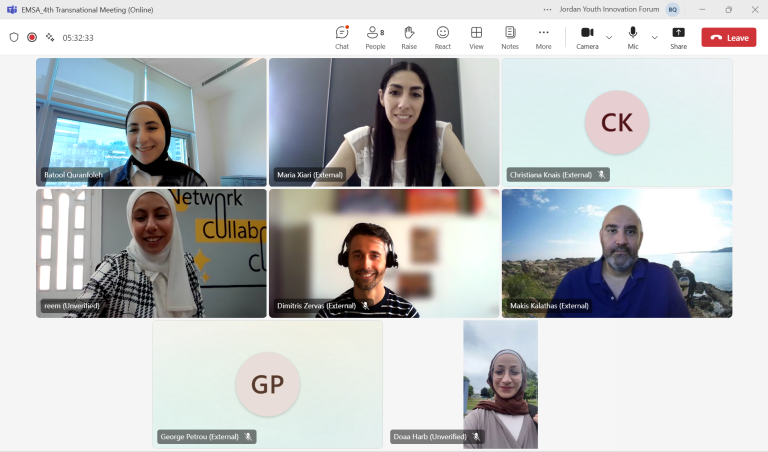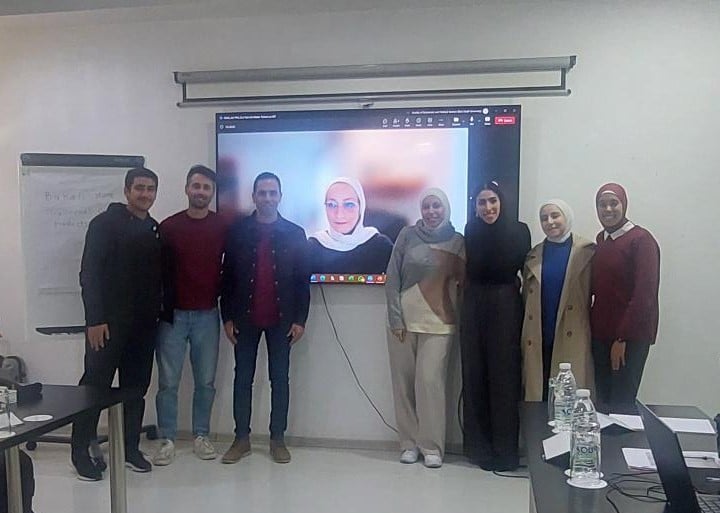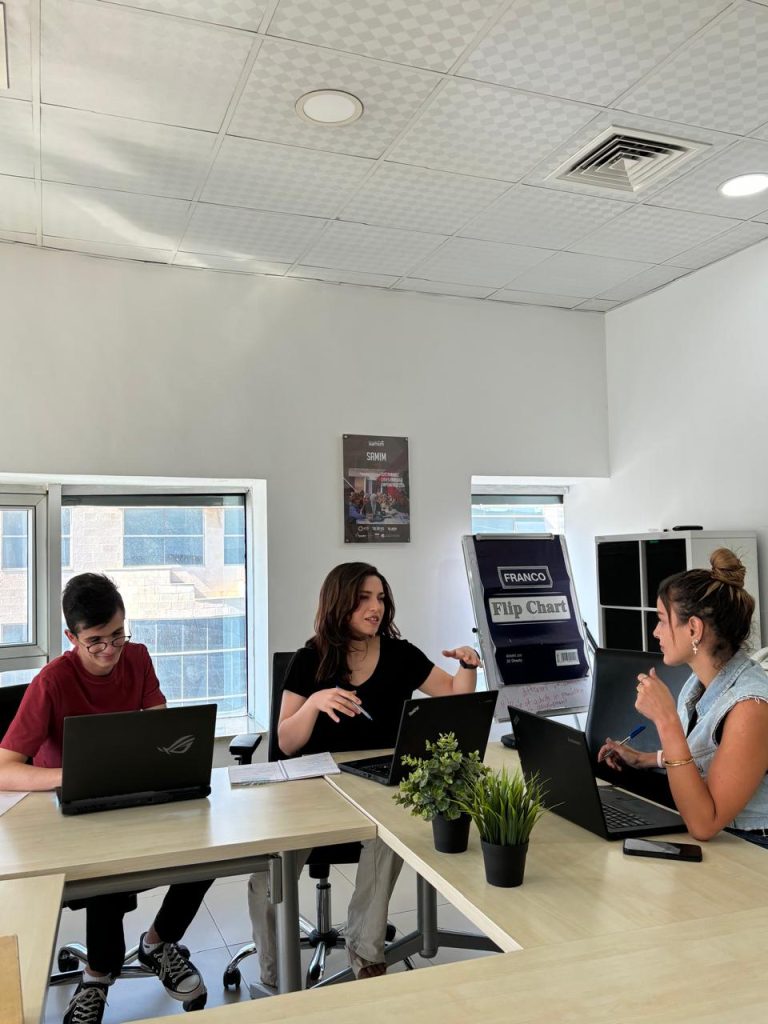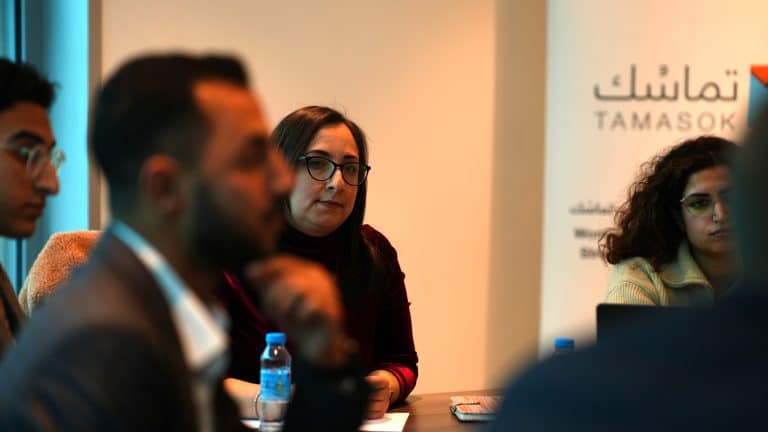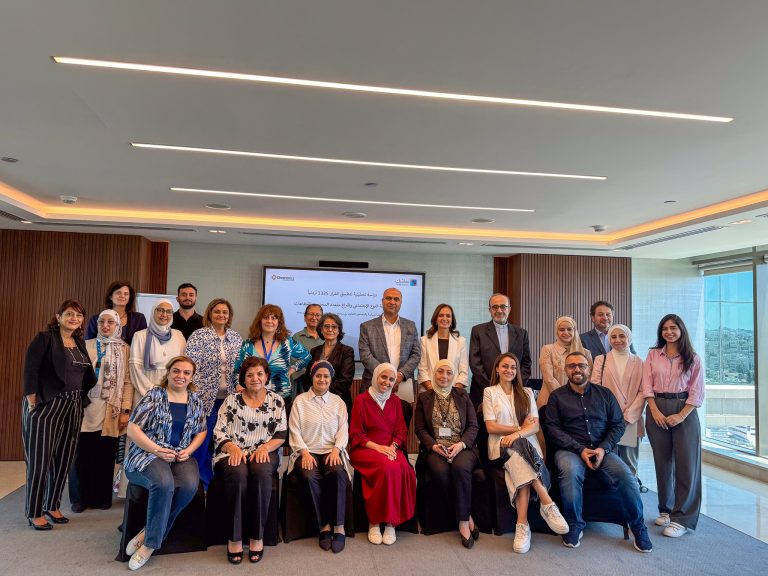


Introduction:
Welcome to Peace Path. where we embark on a journey of conflict resolution and understanding. Conflict is an inevitable part of human interaction, influencing our relationships and communities in profound ways. In this blog, we explore the complexities of conflict, shedding light on its functional and dysfunctional collaboration amidst disagreement.
Conflict Resolution:
Navigating conflicts requires a delicate balance of patience, empathy, and effective communication. It begins by acknowledging the existence of conflicts and its underlying causes, whether rooted in differing values, needs, or perceptions. Creating a safe and respectful environment is paramount, allowing all parties involved to express their concerns and viewpoints without fear of judgement. Active listening is crucial in this process, ensuring that each party feels heard and understood. Equally important is the validation of emotions, as acknowledging the validity of someone’s feeling can help de-escalate tensions and facilitate productive dialogue.
Maintaining composure and refraining from personal attacks or blame fosters a more constructive exchange of ideas. Once emotions have been acknowledged and understood, the focus shifts towards finding common ground and exploring potential solutions. Collaborative problem-solving encourages creativity and innovation, as parties work together to identify mutually beneficial outcomes. While compromise may be necessary, it’s essential to ensure that all parties feel their concerns have been addressed and their needs respected.
Affected conflict resolution extends beyond reaching a resolution; it’s about repairing and strengthening relationships. Offering apologies when necessary, expressing appreciation for efforts made, and reaffirming mutual goals and values can help rebuild trust and rapport. Conflict resolution is a dynamic process requiring ongoing effort and commitment from all parties involved. By embracing principles of empathy, respect, and cooperation, conflicts can be transformed into opportunities for growth, understanding, and positive change.
The Impact of Conflict on Young People:
Young individuals are particularly vulnerable to the adverse effects of conflict. Exposure to conflict can induce feelings of fear, insecurity and helplessness, contributing to increased stress and anxiety. Academic pursuits and social interactions may be disrupted, impacting overall well-being. In conflict zones, young people may resort to harmful coping mechanisms such as substances abuse or violence. Prolonged exposure to conflict can impede healthy social and emotional development, presenting significant development challenges. Addressing conflict constructively is vital for supporting young people’s well-being and nurturing a more peaceful future.
Functional and Dysfunctional Aspects of Conflict:
Conflict serves various purposes, not all negative. It brings underlying issues to the surface, stimulating creativity and innovation. Constructively managed conflict can strengthen relationships, fostering understanding, respect, and trust. However, unresolved or poorly managed conflict can escalate, leading to increased tension, hindered communication, and damaged relationships. Identifying and addressing root causes of dysfunctional conflict is essential to fostering healthier, more constructive interactions.
Conclusion:
Understanding conflict’s functional and dysfunctional aspects is crucial for fostering healthier relationships and more harmonious society. Initiatives like the Inner Peace project, facilitated by the Jordan Youth Innovation Forum (JYIF) and funded by the European Union, actively contributed to this goal. Through workshops and educational programs, they equip individuals with valuable tools and strategies for resolving conflicts peacefully. By investing in such initiatives, we empower individuals to navigate conflicts effectively, contributing to a more peaceful and inclusive world.

